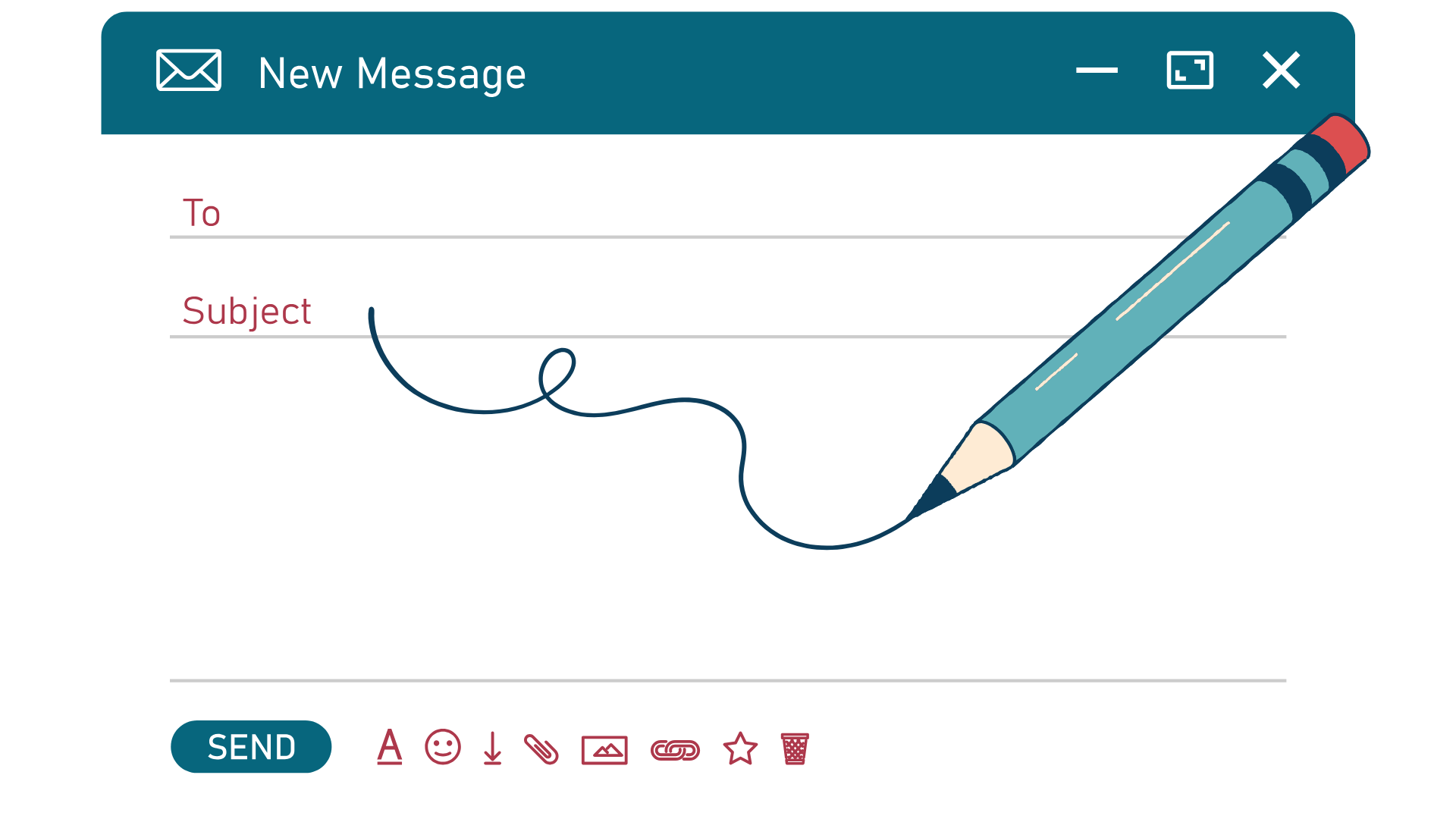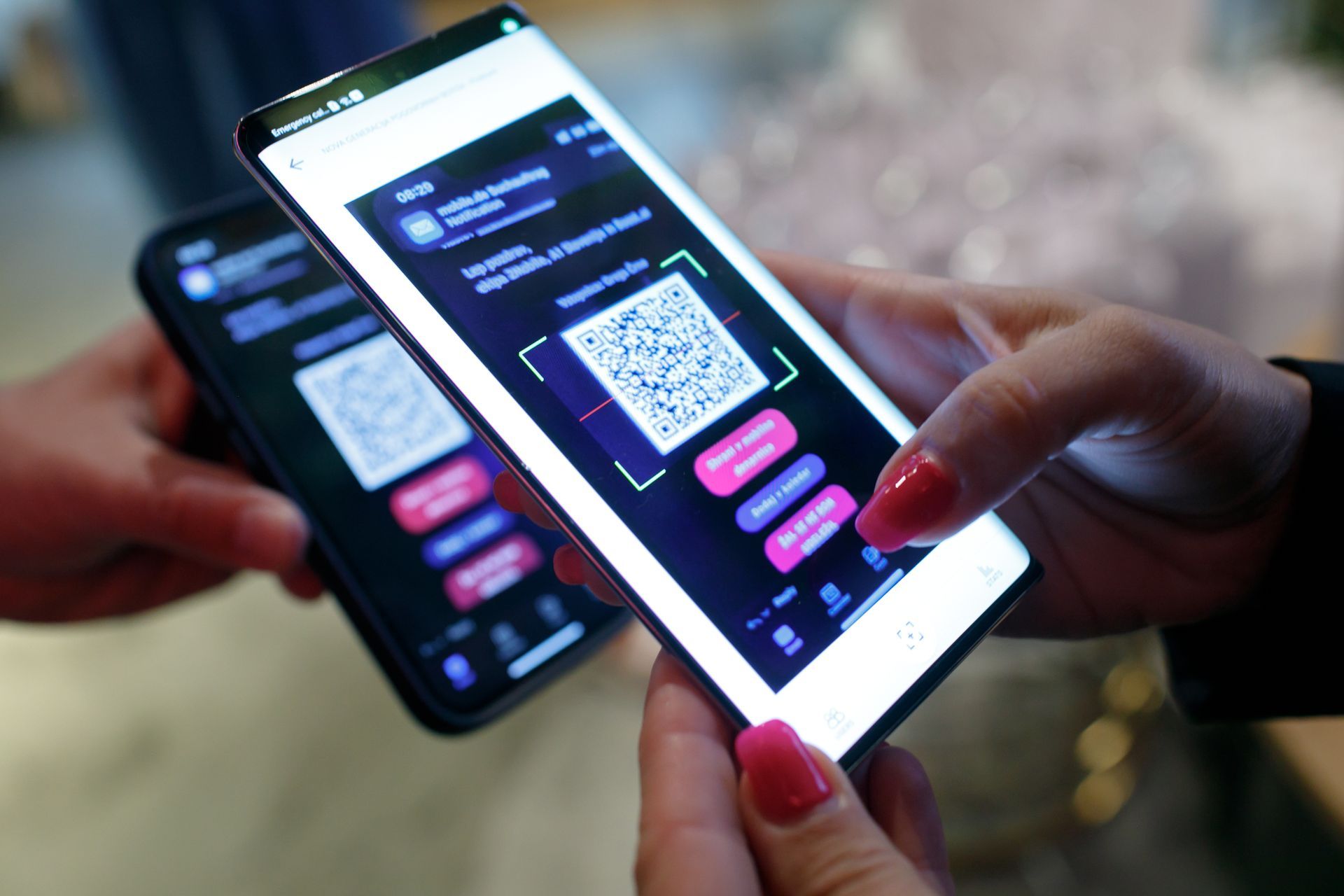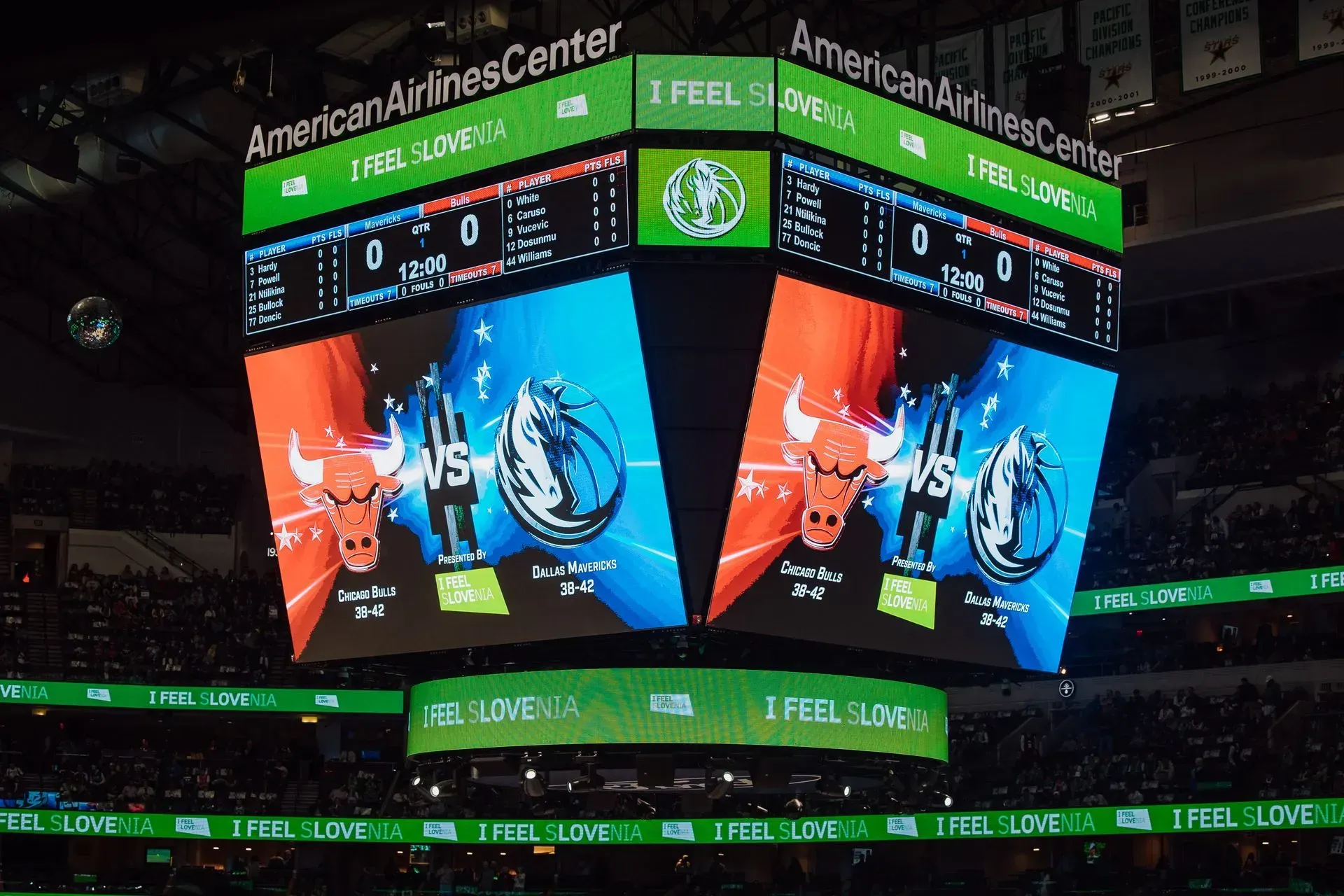Email Subject Lines for Events That Get People Clicking

Crafting compelling newsletter subject lines is crucial for capturing your audience's attention and encouraging them to open your emails. An effective subject line not only conveys the essence of your content but also entices readers to engage further. This guide delves into strategies for creating winning newsletter subject lines, with a particular focus on event-related emails, and provides practical examples to illustrate these techniques.
The Importance of a Strong Subject Line
The subject line serves as the first impression of your email content. A well-crafted subject line can significantly boost open rates, while a poorly constructed one may lead to your email being overlooked or marked as spam. According to research by Zippia, 47% of email recipients open an email based solely on the subject line, and 69% report emails as spam based on the subject line alone.
Key Strategies for Crafting Effective Subject Lines
Keep It Short and Sweet – K.I.S.S.
Aim for brevity to ensure your subject line is fully visible, especially on mobile devices. Subject lines with 6 to 10 words tend to achieve the highest open rates.
Create a Sense of Urgency or Exclusivity
Encourage immediate action by highlighting time-sensitive offers or limited availability. Phrases like "Last chance," "Only a few spots left," or "Ends tonight" can prompt readers to open your email promptly.
Personalize Your Subject Lines
Including the recipient's name or referencing their interests can make your emails feel more tailored and relevant, increasing the likelihood of engagement. Personalized subject lines can boost open rates by up to 50%.
Use Action-Oriented Language – Call to Action (CTA)
Incorporate strong verbs that inspire action or evoke emotion. Phrases like "Join us for," "Discover," "Celebrate," or "Explore" can motivate recipients to open the email and learn more about your event.
Evoke Curiosity
Pose intriguing questions or teasers that encourage recipients to open the email to find out more. For example, "Guess who's speaking at [Event Name]?" or "Ready to grow your business at [Event Name]?" can pique interest.
Showcase the Value and Benefits
Focus on what makes your event worthwhile for attendees. Whether it's gaining new skills, expanding their professional network, or enjoying unique experiences, your subject line should clearly communicate the advantage of attending. Think about how your event solves a problem or adds value to their personal or professional life. For example, "Unlock New Skills: Join Our Leadership Workshop Today!"
Avoid Spam Triggers
Steer clear of excessive punctuation, all caps, and overused salesy words like "Free" or "Buy now," as these can lead to your emails being marked as spam.
Crafting Subject Lines for Event Emails
When promoting events, your subject lines should generate excitement and convey the value of attending. Here are some tailored strategies:
- Highlight Key Details
Include essential information such as the event name, date, and location to inform recipients about the event specifics.
- Leverage FOMO (Fear of Missing Out)
Emphasize what attendees will miss if they don't attend, such as exclusive content, networking opportunities, or limited seating. For instance, "Don't miss this exclusive opportunity at [Event Name]!"
- Personal Invitations
Make the recipient feel special by extending a personal invitation. Subject lines like "You're invited to [Event Name] on [Date]" can create a sense of inclusion.
Examples of effective event email subject lines and why each of these event email subject lines works effectively
"Join us at [Event Name] from the comfort of home!"
Why it works: Emphasizes convenience, appealing to people who prefer virtual events or can’t attend in person.
"Come to [Event Name], [Name]: no travel required!"
Why it works: Personalization with the recipient's name grabs attention, while highlighting the no-travel aspect removes barriers to attendance.
"Let's [celebrate/learn/grow] together at [Event Name]!"
Why it works: Creates a sense of community and shared experience, encouraging participation.
"Discover [industry] trends from pros at [Event Name]"
Why it works: Highlights the value of expert knowledge, appealing to professionals looking to stay ahead in their field.
"Guess who's speaking at [Event Name]?"
Why it works: Sparks curiosity and intrigue, prompting recipients to open the email to find out more.
"Ready to grow your business at [Event Name]?"
Why it works: Clearly states the benefit of attending, appealing to entrepreneurial and professional goals.
"Curious about the insights you'll gain at [Event Name]?"
Why it works: Taps into natural curiosity, suggesting that valuable knowledge awaits inside the email.
"Great news, [Recipient Name]. We present [Event Name]!"
Why it works: Personalized and positive tone grabs attention and generates excitement.
"Time to get excited, [Recipient Name]. [Event Name] is here!"
Why it works: Builds anticipation with an enthusiastic, personalized message.
"See you at [Event Name]!"
Why it works: Assumes attendance, using confidence to subtly encourage recipients to join.
"Don't miss this awesome [Event Name]!"
Why it works: Creates FOMO (Fear of Missing Out), encouraging recipients not to miss out on something exciting.
"Free on [Date]? Get your tickets for [Event Name] now!"
Why it works: Engages recipients by asking a question and prompting immediate action with urgency.
"Coming Soon: [Event Name] on [Topic]."
Why it works: Builds anticipation and informs recipients about the event’s focus, creating interest.
"[Recipient Name], get your tickets for [Event Name] today!"
Why it works: Personalization plus a direct call to action motivates immediate response.
"Exclusive invitation: Join [Event Name] on [Date]!"
Why it works: The word “exclusive” makes recipients feel special, increasing the chance of engagement.
"Limited seats: [Event Name] on [Date] in [Location]!"
Why it works: Creates urgency by emphasizing limited availability, pushing recipients to act quickly.
"[Recipient Name], confirm your attendance at [Event Name]!"
Why it works: Feels like a personal follow-up, prompting a sense of obligation to respond.
"Are you joining [Event Name] on [Date]?"
Why it works: The question format invites interaction, making the reader feel involved.
"Secure your spot at [Event Name] before it's too late!"
Why it works: Urgency and scarcity drive immediate action.
"Limited time: Registration closes soon for [Event Name]!"
Why it works: Creates time pressure, encouraging recipients to act before they miss the deadline.
"Hey, [Recipient Name], will we see you at [Event Name]?"
Why it works: Casual tone and personalization feel friendly and engaging, prompting a reply.
"A seat at our [Event Name] has your name on it."
Why it works: Personalized invitation makes the recipient feel included and valued.
"Don't miss out on [Event Name] on [Date], [Recipient Name]."
Why it works: Combines personalization with FOMO to drive urgency.
"[X] days left to register for [Event Name]."
Why it works: Clear countdown creates a sense of urgency, reminding recipients of a looming deadline.
"Oh no, tickets for [Event Name] are about to sell out!"
Why it works: Adds urgency with an emotional trigger ("Oh no"), encouraging quick action to avoid missing out.
These subject lines are AI generated. They combine techniques like personalization, urgency, curiosity, and clear value propositions to effectively increase open rates and drive engagement for event emails.







